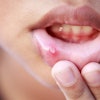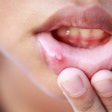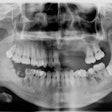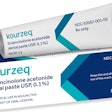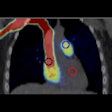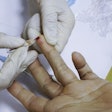
A type of enzyme inhibitor designed to suppress the immune system may also be able to treat dry mouth, according to a poster presentation at this week's American Society for Pharmacology and Experimental Therapeutics annual meeting.
After exploring the anti-inflammatory benefits of inhibiting phosphodiesterase-4 (PDE4) enzymes in a mouse model of bacterial lung infection, researchers from the University of South Alabama noticed that mice treated with a PDE4 inhibitor were salivating. They decided to investigate the possible use of PDE4 inhibitors as a dry mouth therapy.
The group found that PDE4 inhibitors increase salivation by inhibiting PDE4 in the salivary glands and in the autonomic nervous system.
"Although the causes of salivary gland dysfunction are varied, there is often an inflammatory component," said doctoral candidate Abigail Boyd in a statement. "Thus, in addition to stimulating salivary secretions, PDE4 inhibition may also exert therapeutic benefits by alleviating the inflammatory responses that cause salivary gland dysfunction."
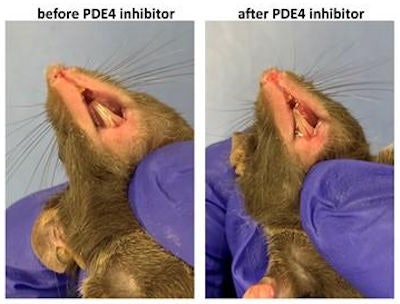 Mice before and after the use of a PDE4 inhibitor. Image courtesy of Abigail Boyd, University of South Alabama.
Mice before and after the use of a PDE4 inhibitor. Image courtesy of Abigail Boyd, University of South Alabama.The researchers also found that PDE4 controls cystic fibrosis transmembrane conductance regulator protein (CFTR)-dependent salivation in mice. This suggests that PDE4 could offer therapeutic potential for alleviating decreased CFTR function in cystic fibrosis patients, they explained.
The researchers continue to study the mechanisms of PDE4 inhibition and plan to find out if their results will translate to people.
